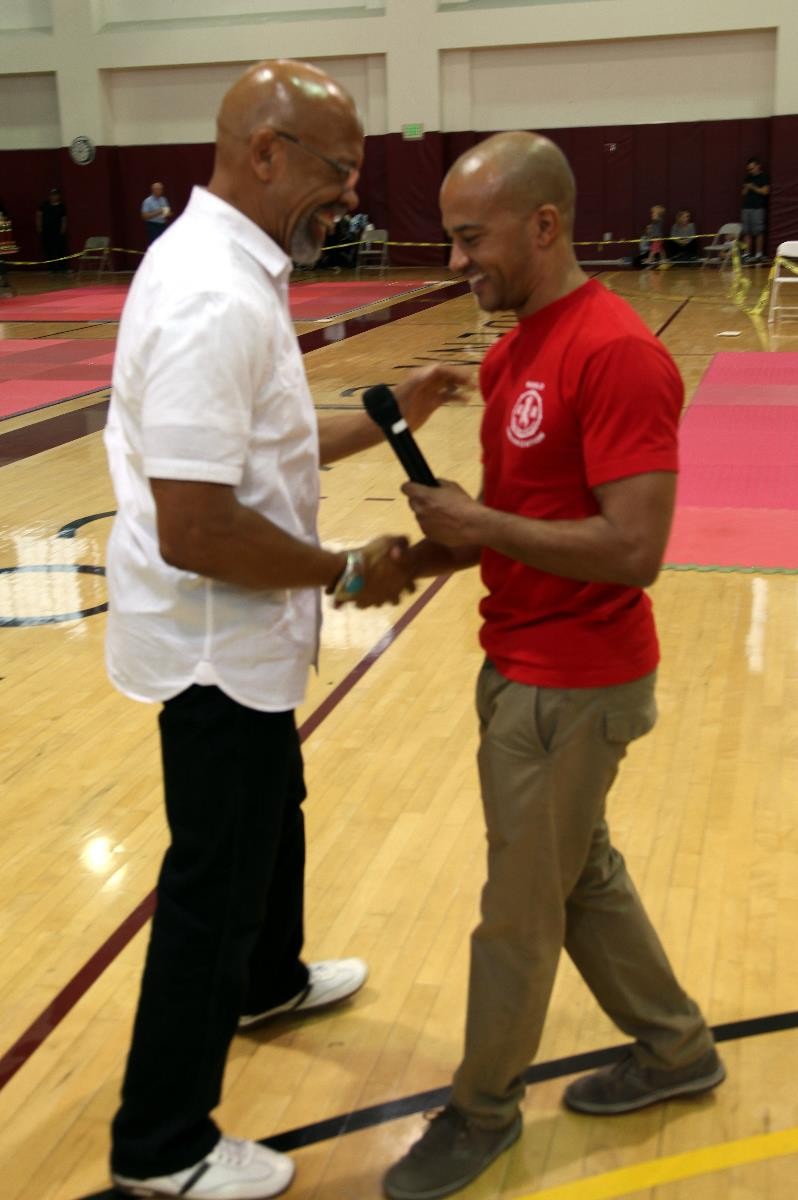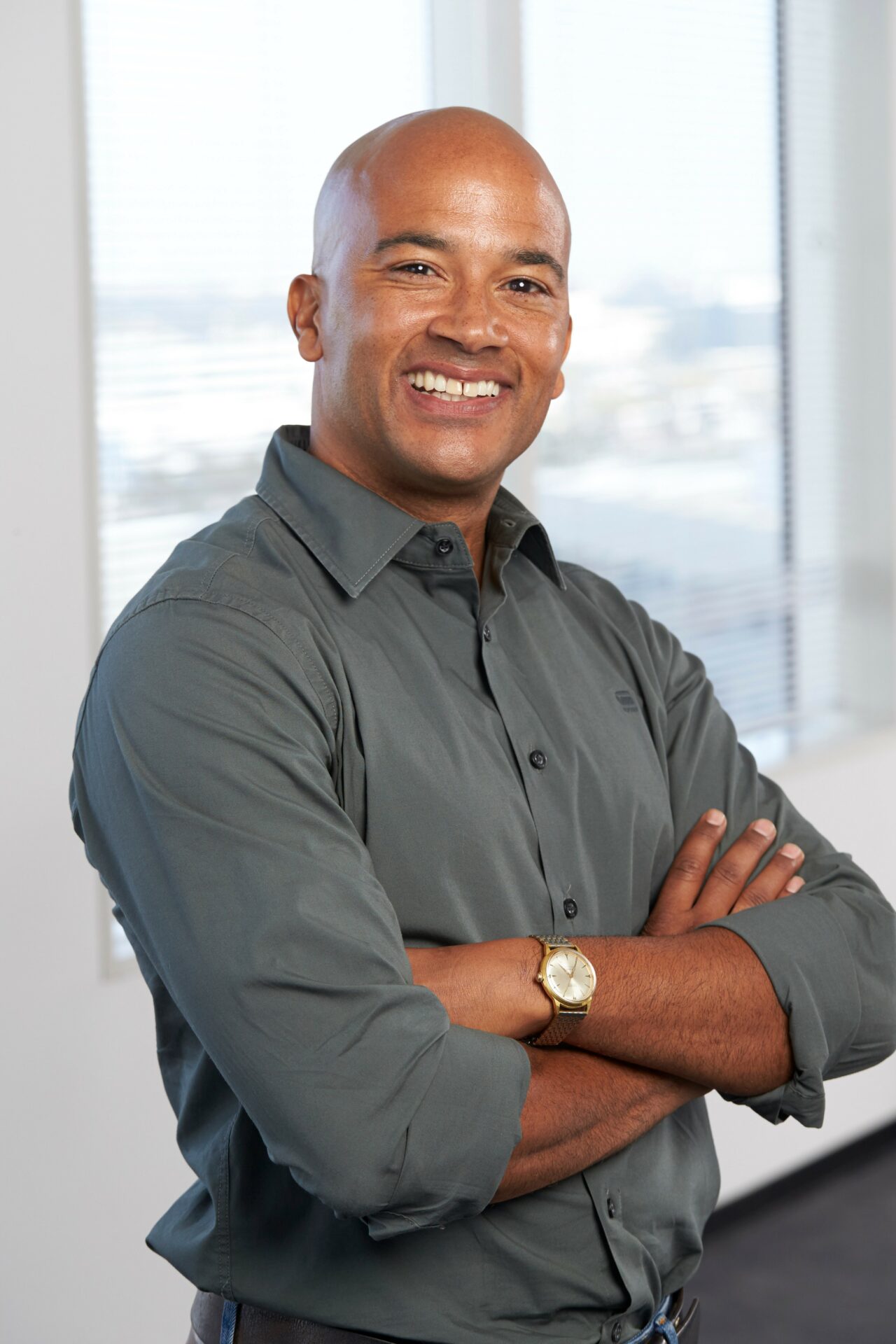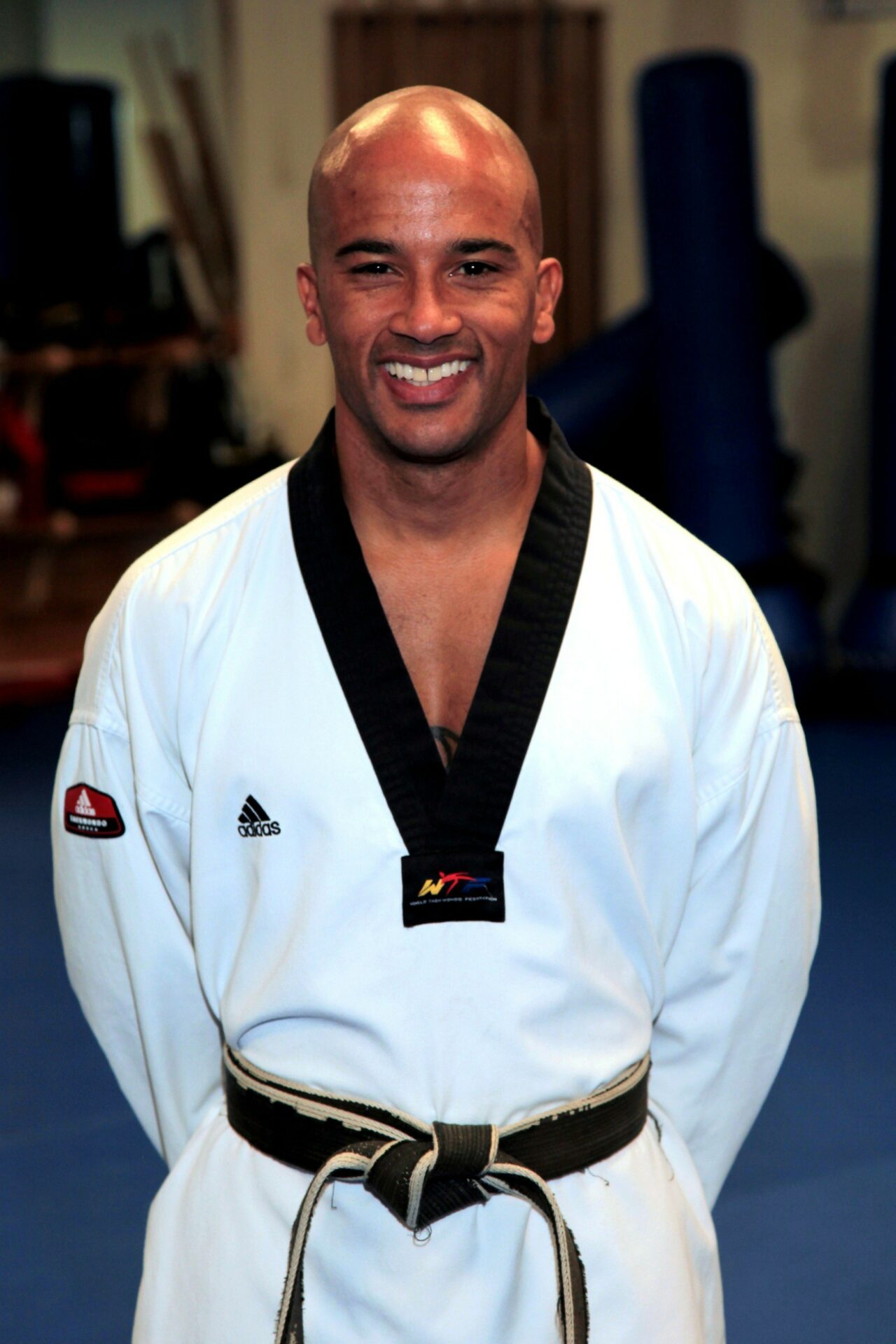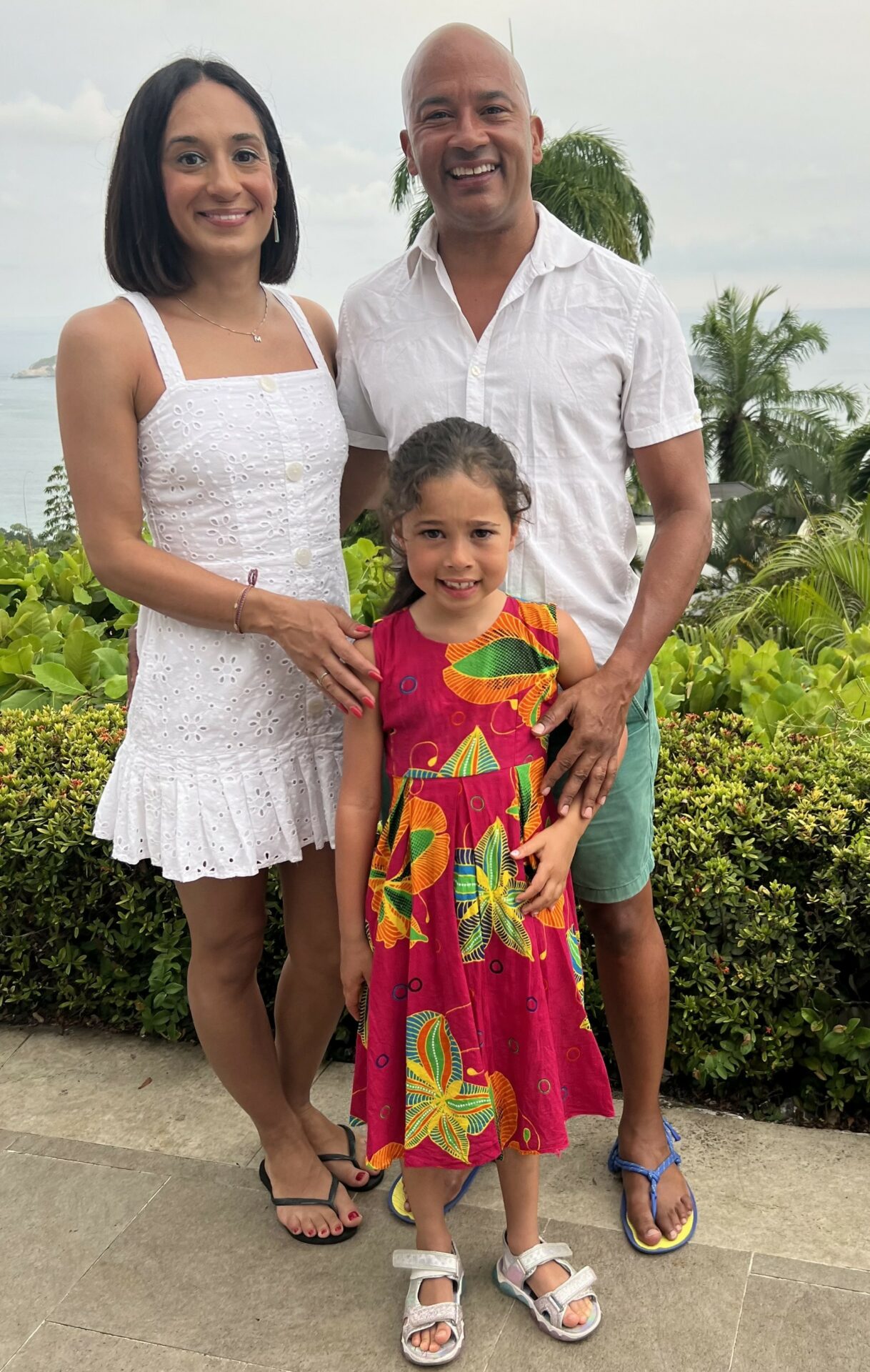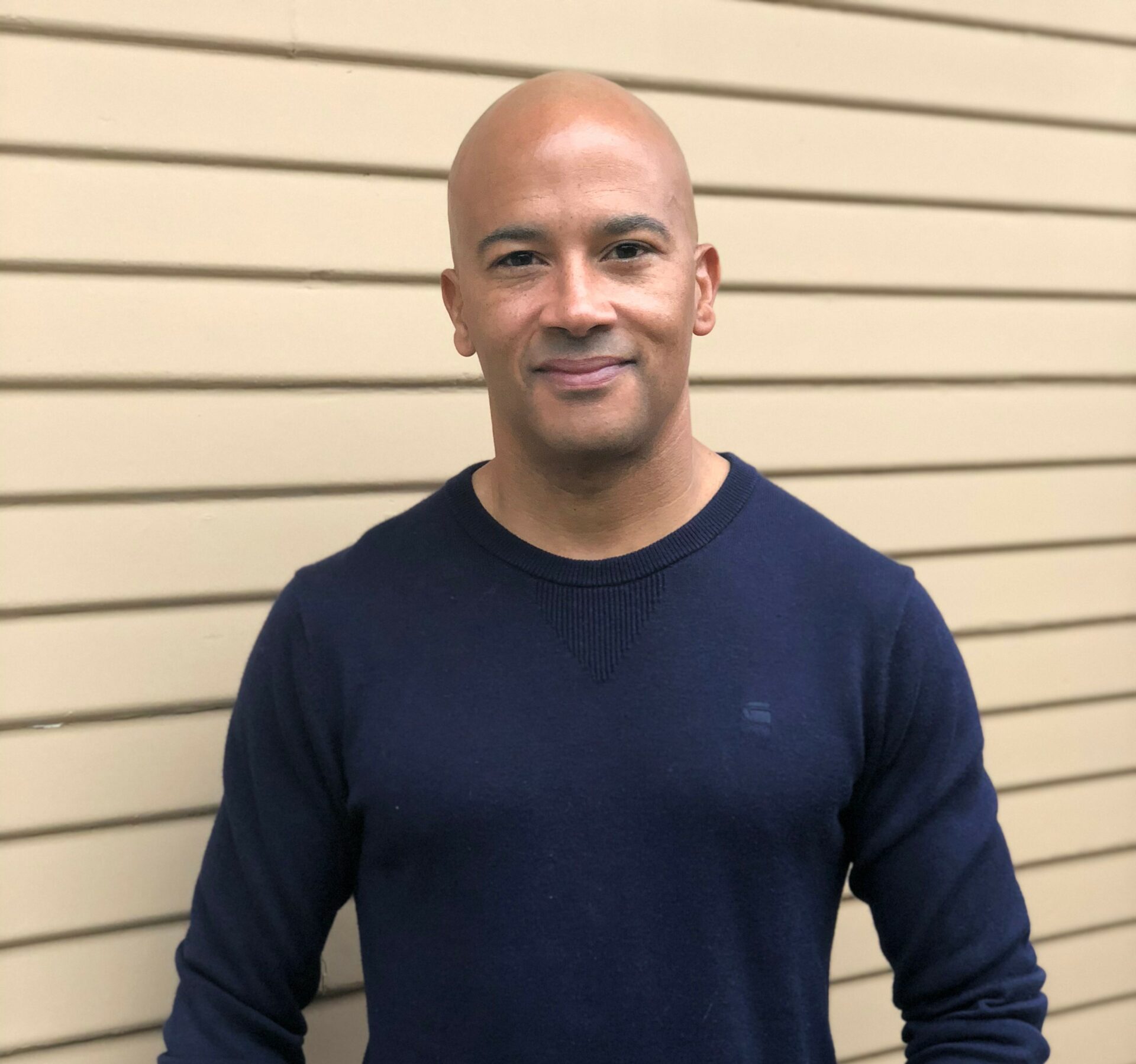We recently connected with Mason Williams and have shared our conversation below.
Mason, thank you so much for joining us today. Let’s jump right into something we’re really interested in hearing about from you – being the only one in the room. So many of us find ourselves as the only woman in the room, the only immigrant or the only artist in the room, etc. Can you talk to us about how you have learned to be effective and successful in situations where you are the only one in the room like you?
The feeling and reality of being the “outsider” in a room of “insiders” has been a persistent fact my entire career. My ability to navigate these situations over the years has evolved and morphed as I matured and aged. Very early in my youth the notion of “being extraordinary to be considered ordinary” was instilled in me by my family, specifically my maternal grandfather who grew up in segregated Georgia and eventually earned a Phd in child psychology in 1969. This mantra has fueled me for more than 40 years. It empowered me with a resilience to understand that the “room” would not be adjust to me. Instead, I had to adjust to the room.
I began studying martial arts at 5 years old and began teaching at 15, and have taught for almost 35 years. Teaching honed my skill of reading and then finding means of connecting with people of all backgrounds. I’ve harnessed that skill to connect in an assortment of different situations where I am “one of one.” At some point in my late 30’s I became increasingly comfortable in not forcing myself not to adjust to the room and instead relying on the authenticity of my total self. This has been a journey…one that I am still walking.
Great, so let’s take a few minutes and cover your story. What should folks know about you and what you do?
I’ve worked in the toy/games industry for 20+ years in a variety of roles from design to DEI leader. I began as a digital game designer/producer, eventually led the development of the first generation of digitally connected physical toys, and now I lead the function of DEI. The common thread has been innovation, collaboration, and connection. The pursuit of the unknown, and then developing that unknown into tangible actions, products, processes, and engagements. That has ranged from cutting edge toys to ways to maximizing the power of a “culture of belonging” to enhance employee engagement, attracting and retaining top talent from all backgrounds and communities, and strengthening the ties with internal and external communities.
Looking back, what do you think were the three qualities, skills, or areas of knowledge that were most impactful in your journey? What advice do you have for folks who are early in their journey in terms of how they can best develop or improve on these?
Discipline, resilience, and intelligence have been at the core of my journey. I’ve enjoyed the process of personal and professional development my entire career. The setbacks, lack of acknowledgement, and feeling of not being seen fueled me much more than the accolades, awards, and career growth. I credit this to my passion for calm discipline, a positive resilience, and passion for using analytical and social intelligence to navigate the journey while building allies and supporters along the way. I am truly grateful for the allies who took interest in me along the way and invested themselves in my development.
When asked how folks who are early in the journeys can forge their path three things jump to the forefront of my mind. The first is open-mindedness. Maintaining an open-mind in interactions of all sorts provides the opportunity to utilize experiential data to form our own beliefs, values, and the actions that are fueled by those experiences. The second precept I am a proponent of is patience. My journey has been long and is still ongoing. I would not have made it to where I am without patience. Patience can be taxing because it is natural for us to want things in the immediate. That can lead to short-sightedness and “pennywise pound foolish” actions. The journey is long. We must celebrate ourselves along the way and use those moments as fuel as we make it to the next moment of celebration. Patience enables us to view success and failure with equal worth to our development. The last part is connection. Seeing the value in each person we encounter is a treasure. Seek the opinions of those we would not normally seek. Include the people you may see as being completely different. Embrace discomfort. That will round out our totality of self and add increasing skills that impact our ability to influence and succeed in our endeavors.
What was the most impactful thing your parents did for you?
My parents taught me that in order to succeed it take discipline while also finding a way to help me find joy in discipline. My father was my martial arts teacher beginning at 5. Unlike other parents who are coaches, he didn’t push me in any way I felt that was overly stern or in a way where he was “living through my experiences.” Instead, he nurtured my love for the arts and found ways to allow me to own that love. One of my most cherished moments was when I was competing in the gold medal match of the United States Collegiate Taekwondo Championships. While my opponent’s coach and my own college coach were vehemently shouting technical directions at me the only voice I heard was my father yelling “just have fun, Mason” from the stands. My parents didn’t care if I won or lost, succeeded or failed. They only wanted me to be me to my utmost. Even now I begin to shed tears of pride and motivation when I think of that moment. In essence, my parents believed in me and forged my skills of believing in myself.
Contact Info:
- Instagram: masongwilliams
- Linkedin: https://www.linkedin.com/in/masongwilliams1224/
